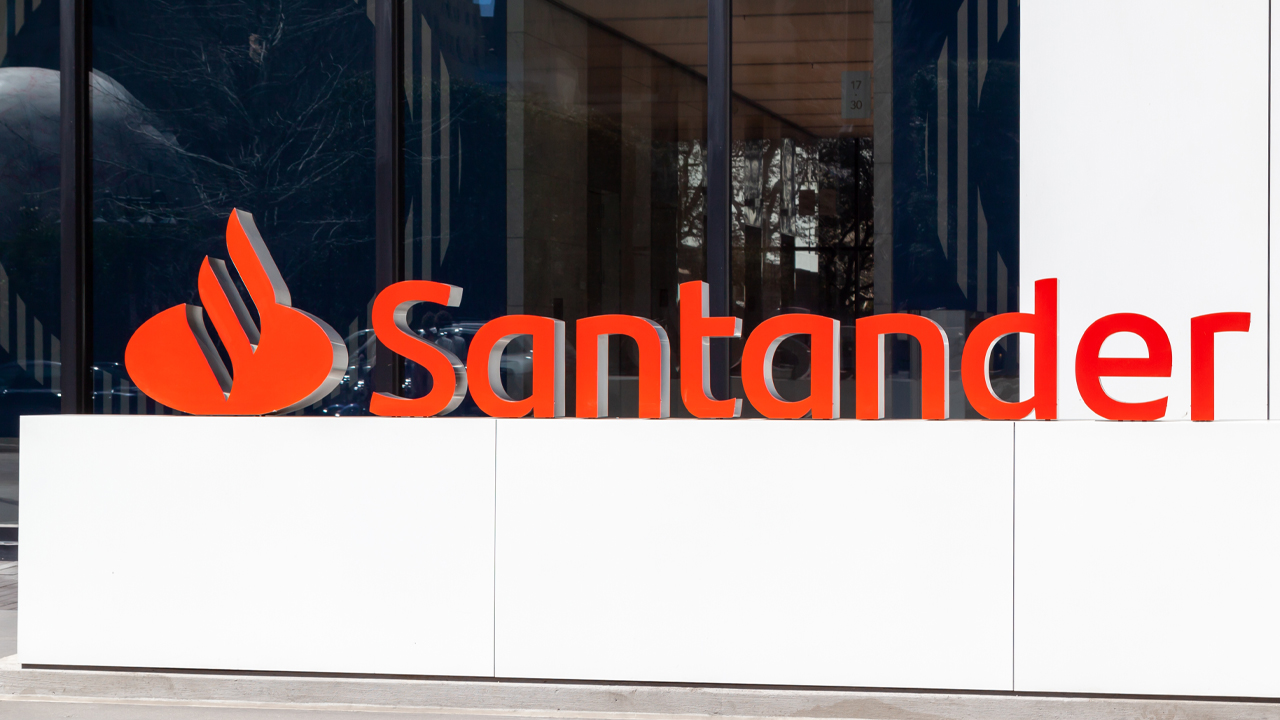Santander Private Banking International, a part of the Spanish financial services giant Banco Santander, has started offering its select clients in Switzerland with the largest two cryptocurrencies, Bitcoin (BTC) and Ethereum (ETH) trading and custody services.
More Cryptocurrencies Will Be Added to the List in the Future
According to an internal announcement obtained by CoinDesk, Santander Private Banking International has started offering its select high-net-worth clients in Switzerland trading and custody services for Bitcoin and Ethereum. The internal announcement states that Santander Private Banking International plans to expand its list of supported cryptocurrencies for its crypto service in the next few months and add additional cryptocurrencies that meet the bank’s criteria alongside BTC and ETH.

Santander Private Banking International emphasizes that the service is provided only upon customer request through relationship managers and that the assets are held in a regulated custody model where the bank’s private cryptographic keys are securely kept in a safe environment.
In a period where most major banks prefer to deal with tokenization and tend to avoid supporting cryptocurrencies that operate on public blockchains, market observers see Santander Private Banking International’s move as a bold step.
The 160-Year-Old Bank Has 166 Million Customers
Banco Santander is over 160 years old and has 166 million customers. The private bank serves 210,000 wealthy clients, and the bank’s assets and customer deposits are approximately around $315 billion.
John Whelan, the head of digital assets and cryptocurrencies at Santander Private Banking International, said in an email sent to CoinDesk, “The regulations introduced by Switzerland regarding digital assets are one of the world’s first and most advanced regulations, providing clarity and a comprehensive regulatory environment for our clients,” and added, “As the holding of cryptocurrencies continues to become more widespread as an alternative asset class, we expect our clients to prefer relying on existing financial institutions to be responsible for their assets.”









